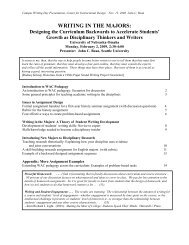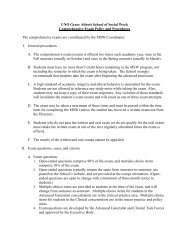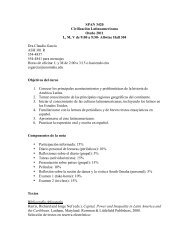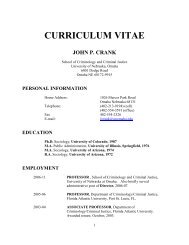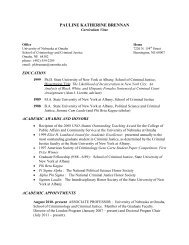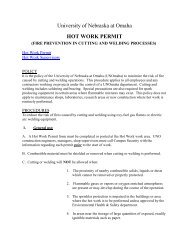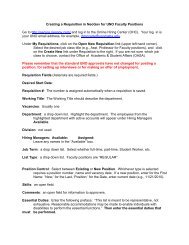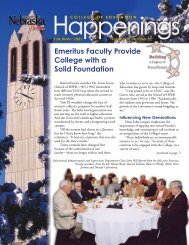âTHE BESTE GAME OF ALLEâ: PLAYING CHESS WITH FORTUNE ...
âTHE BESTE GAME OF ALLEâ: PLAYING CHESS WITH FORTUNE ...
âTHE BESTE GAME OF ALLEâ: PLAYING CHESS WITH FORTUNE ...
Create successful ePaper yourself
Turn your PDF publications into a flip-book with our unique Google optimized e-Paper software.
Gerry Wolfson-Grande 3<br />
typical wager, for he is playing with the life of his lady. 10 It is also a pointless bet; at a crucial<br />
point in the game, Fortune captures the Black Knight’s fers, or queen, representing his lady, and<br />
polishes him off with an errant pawn one move later. 11 Within a few moves, Fortune displays just<br />
how quickly her wheel can fling a hapless mortal from its top to the ground. Taylor points out<br />
that the Black Knight’s ignorance of Fortune’s dual nature allowed him to delude himself as to<br />
“what to expect at the height of his happiness.” 12 But the Knight’s resentment of Fortune’s whim<br />
is temporary; he eventually does acknowledge, however ruefully, that he “wolde have drawe the<br />
same draughte” regardless of any opportunity for foreknowledge of Fortune’s capricious<br />
nature. 13 His grief, then, is for the actual physical loss of his love rather than constituting an<br />
embittered outcry towards his opponent, whose influence over the lives of men he understands<br />
and accepts even while wishing she had treated him differently.<br />
The concept of Fortune as an impartial and arbitrary entity was a continuing focus during<br />
the Middle Ages. Howard Patch delineates three primary viewpoints: the romantic, “content to<br />
leave things to chance, with or without personification”; the rationalist, who, in the Aristotlean-<br />
Aquinian tradition, denied Fortune’s existence; and those in the middle, who “held to a belief in<br />
chance subordinate to reason, a kind of personification of Aristotle’s causa per accidents.” 14 He<br />
notes that, in a contest between the philosopher and the poet to further define the third category,<br />
the poet would succeed in refuting the “hardheaded philosopher” by “replying that even the<br />
philosopher must admit the existence of apparent chance.” 15 Patch also contends that Fortune’s<br />
increased literary visibility during a time when poets freely borrowed from their predecessors<br />
and each other, as well as the highly unstable political and social environment, increasing a sense<br />
that “circumstances really turn on the wheel of the fickle goddess,” also contributed to bringing<br />
Fortune’s role, now super-sized, back into the popular spotlight. 16







